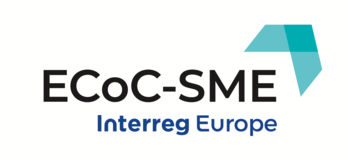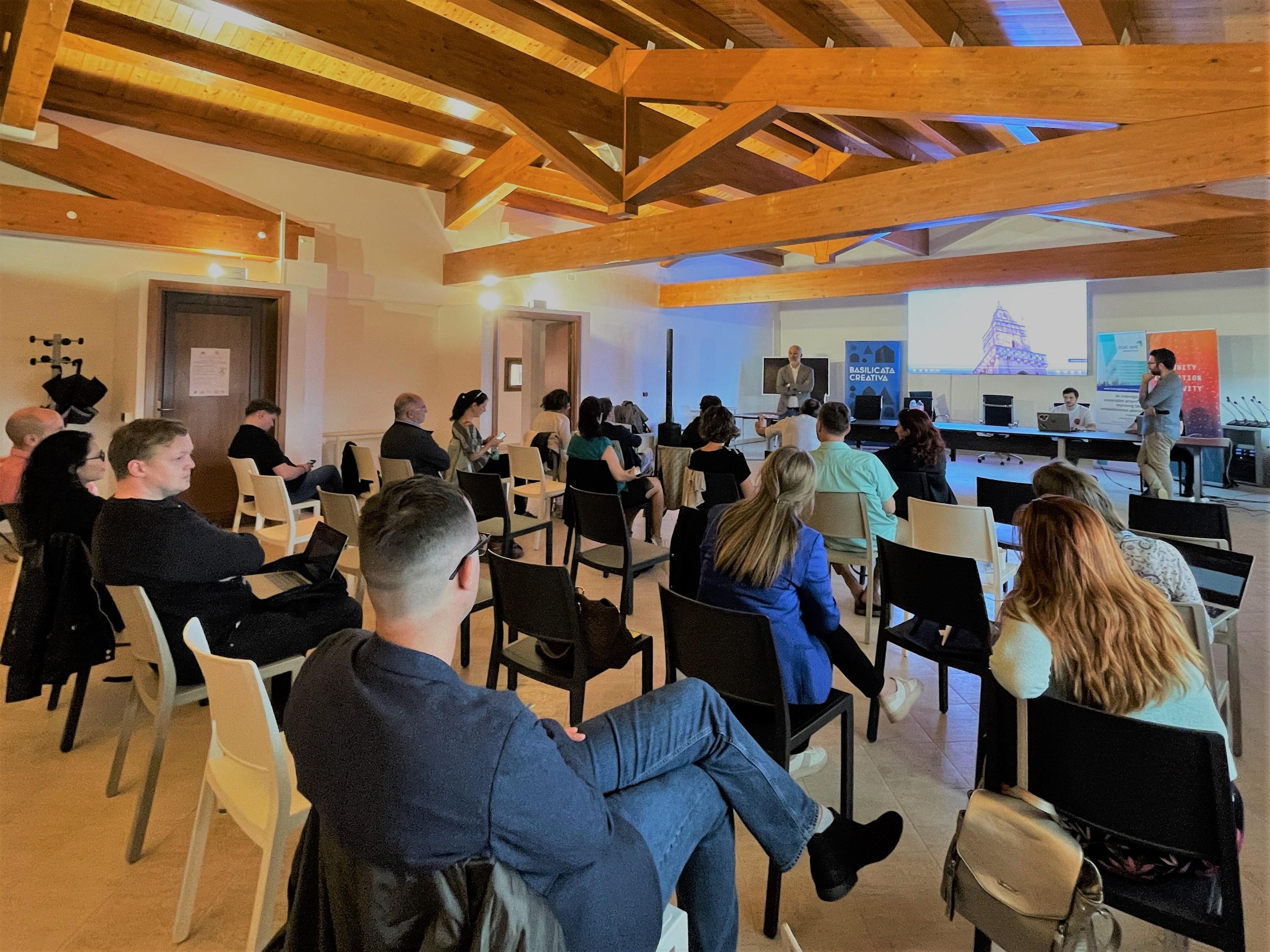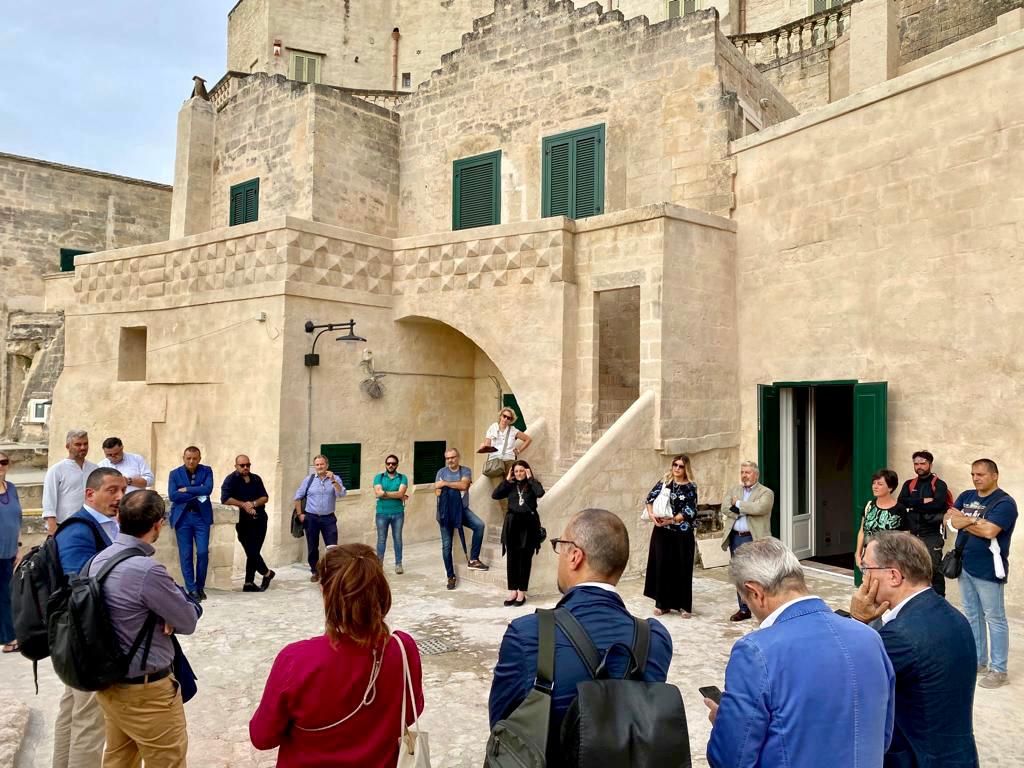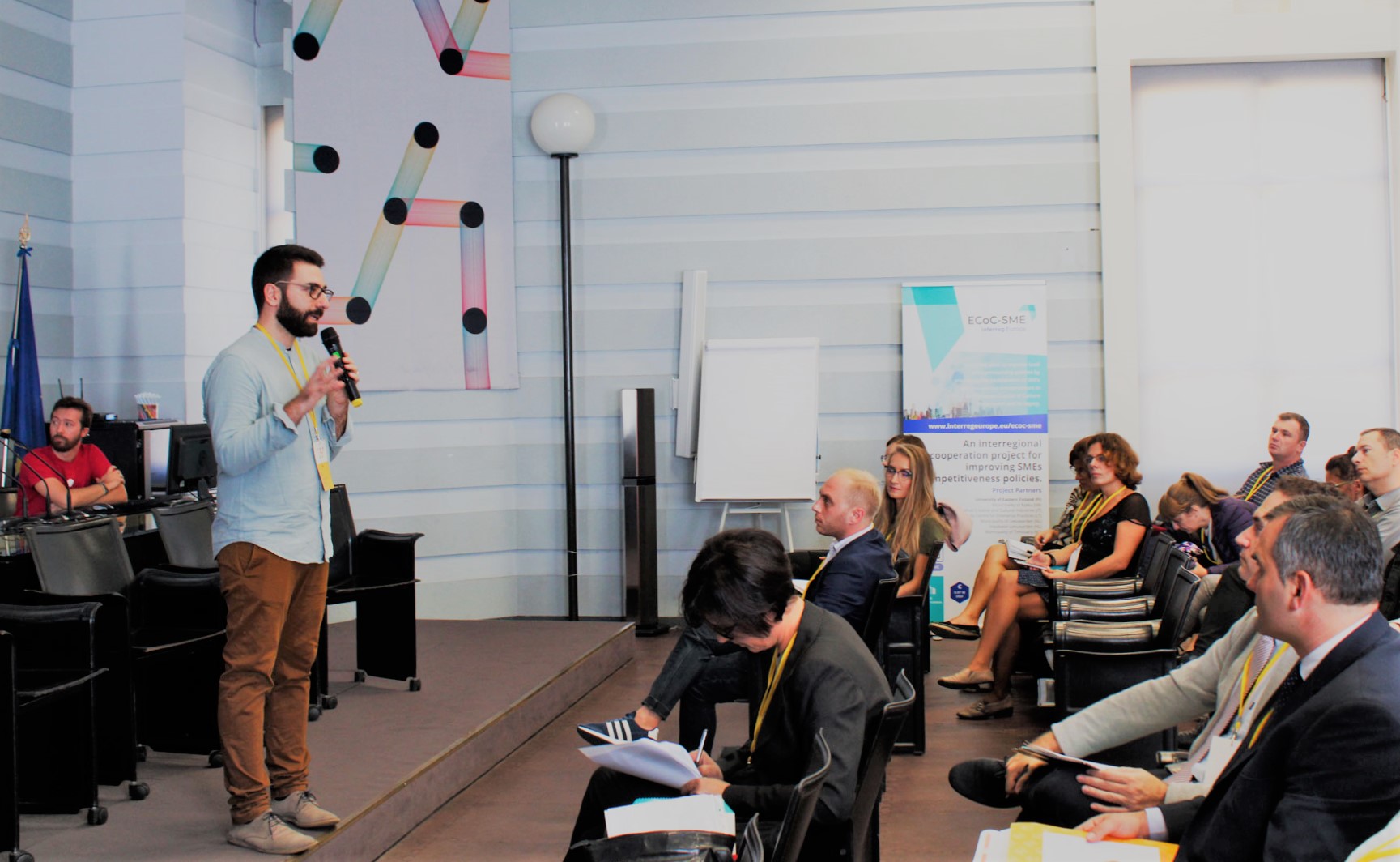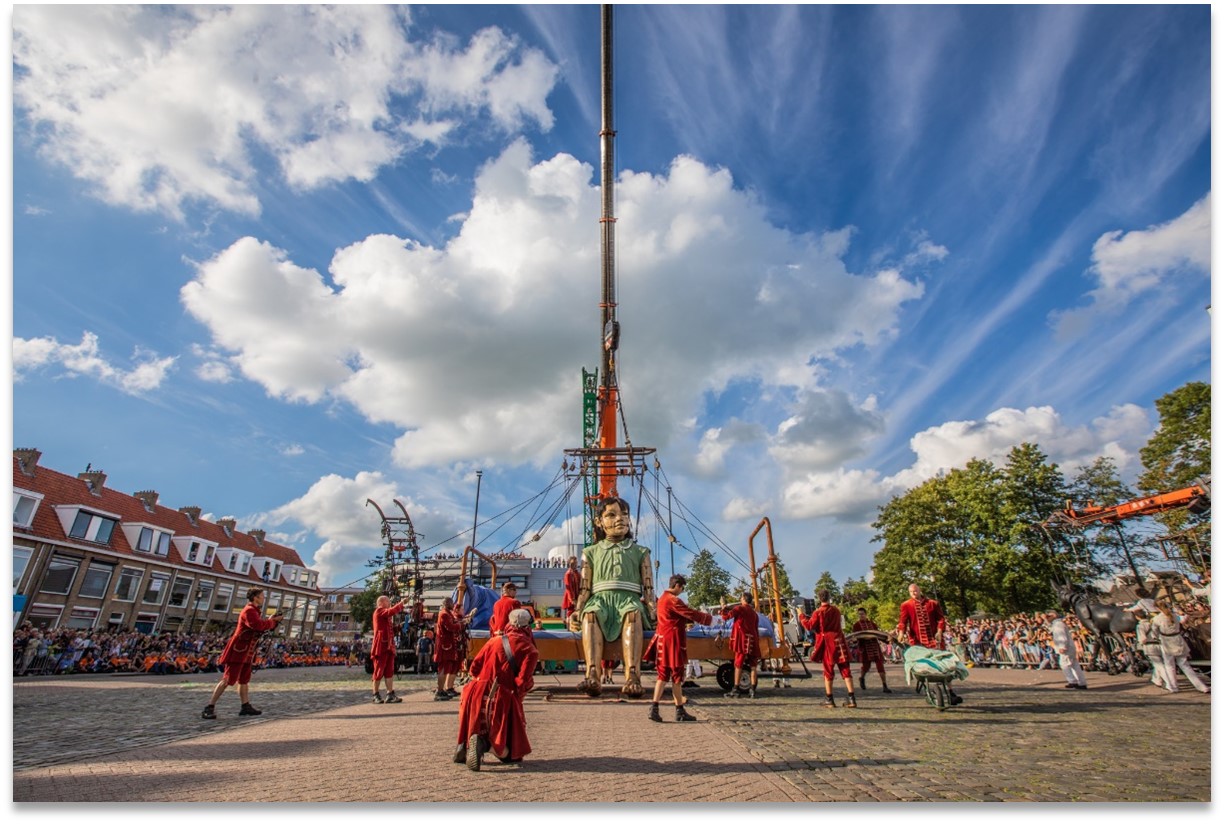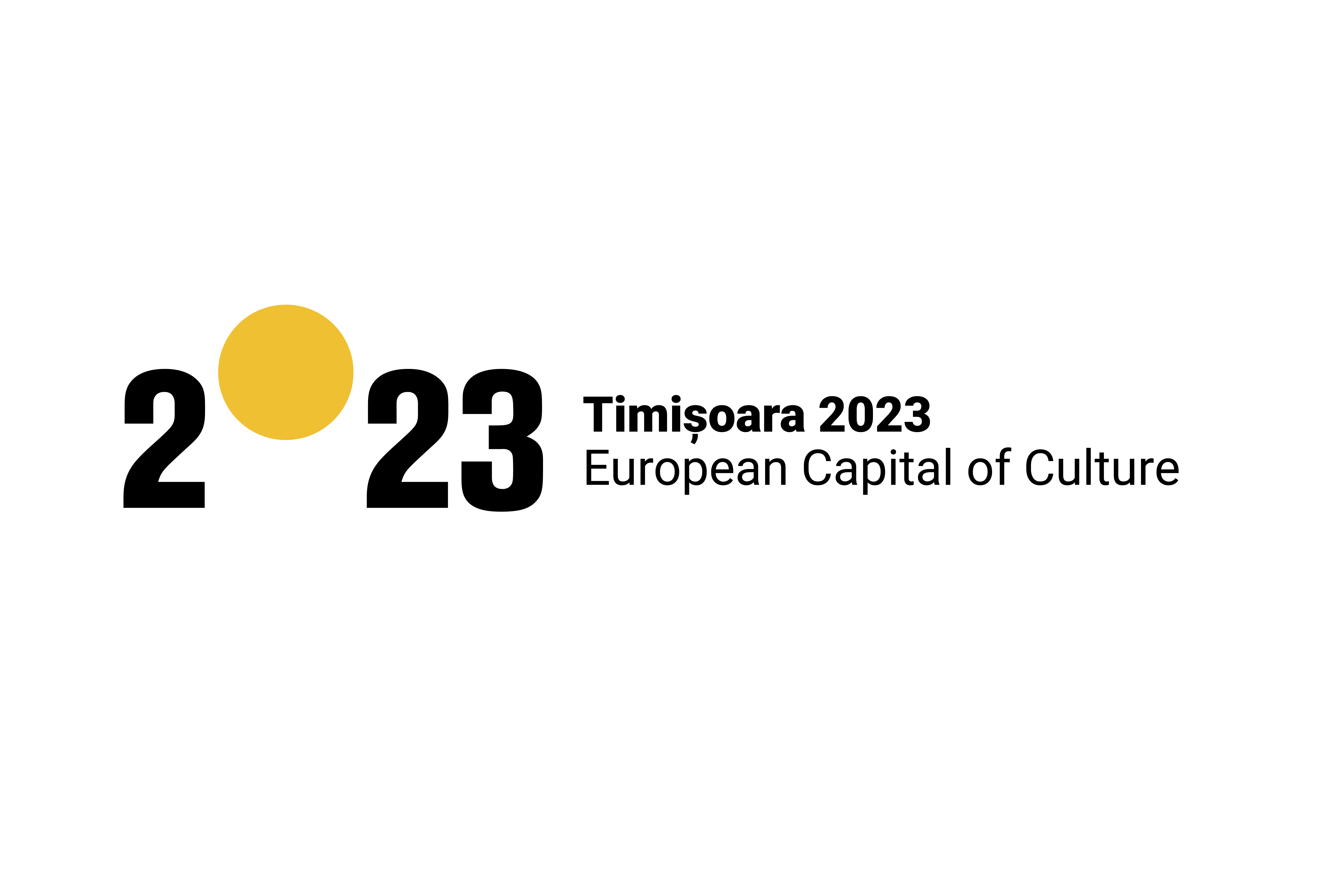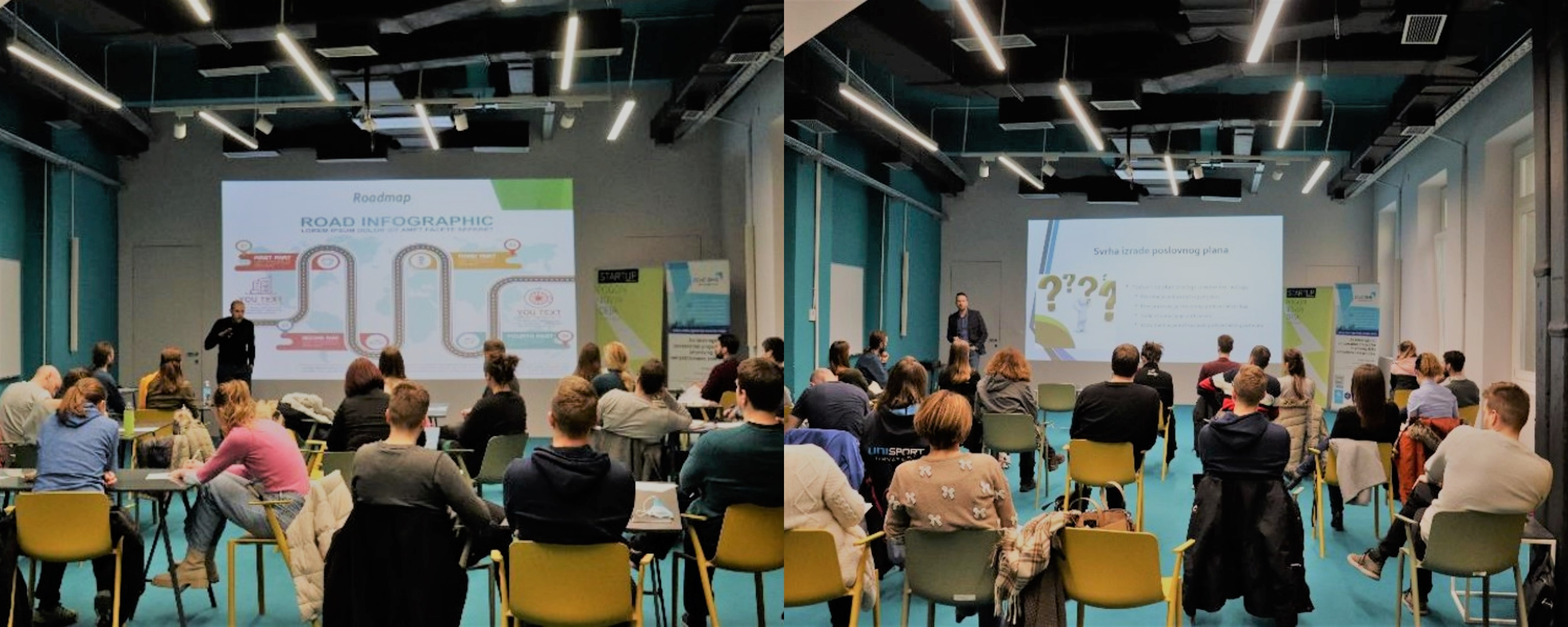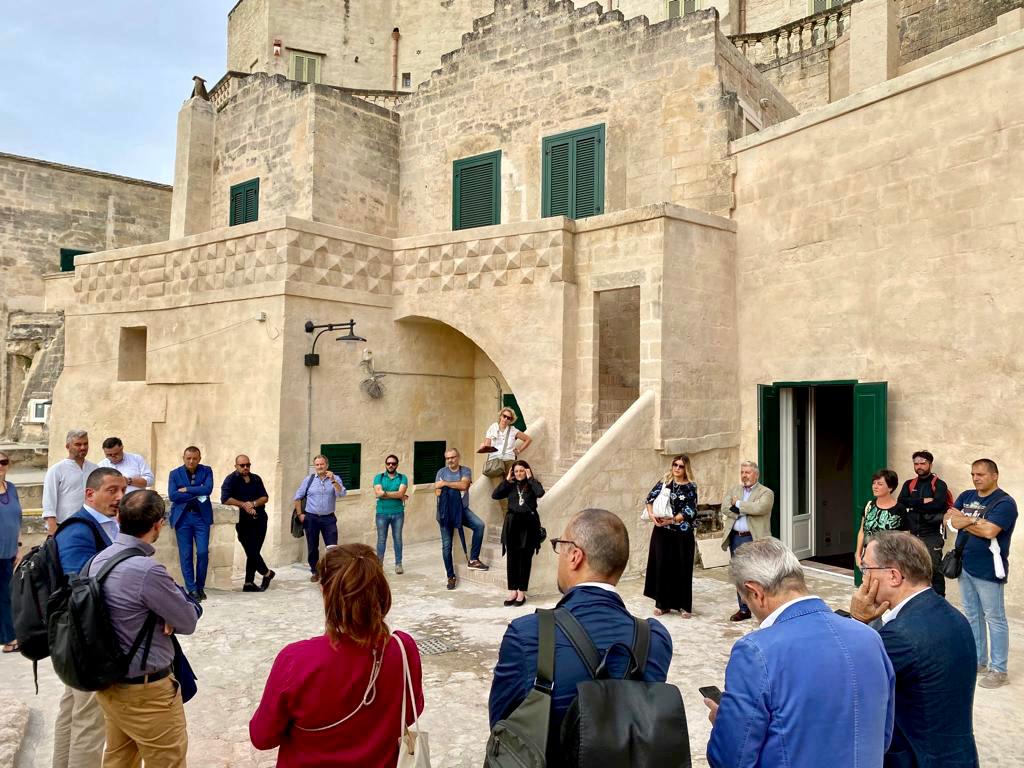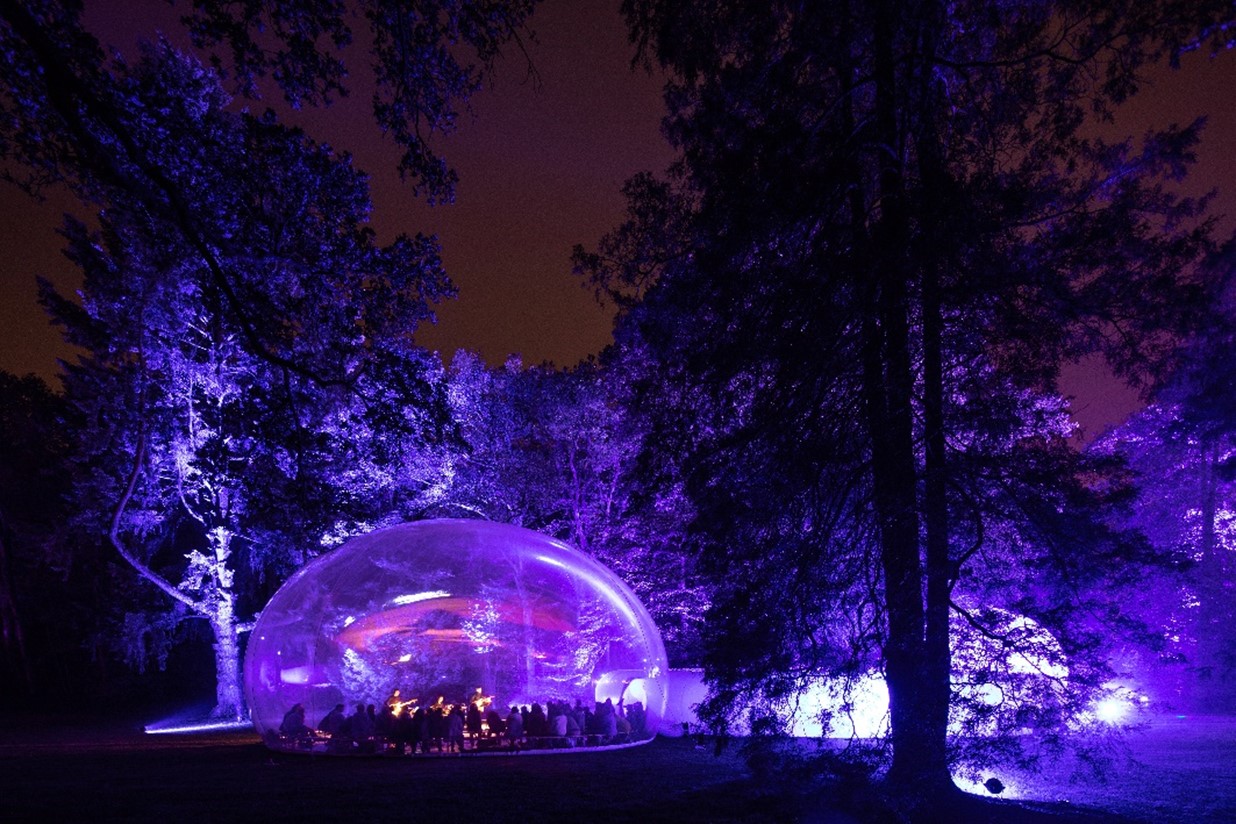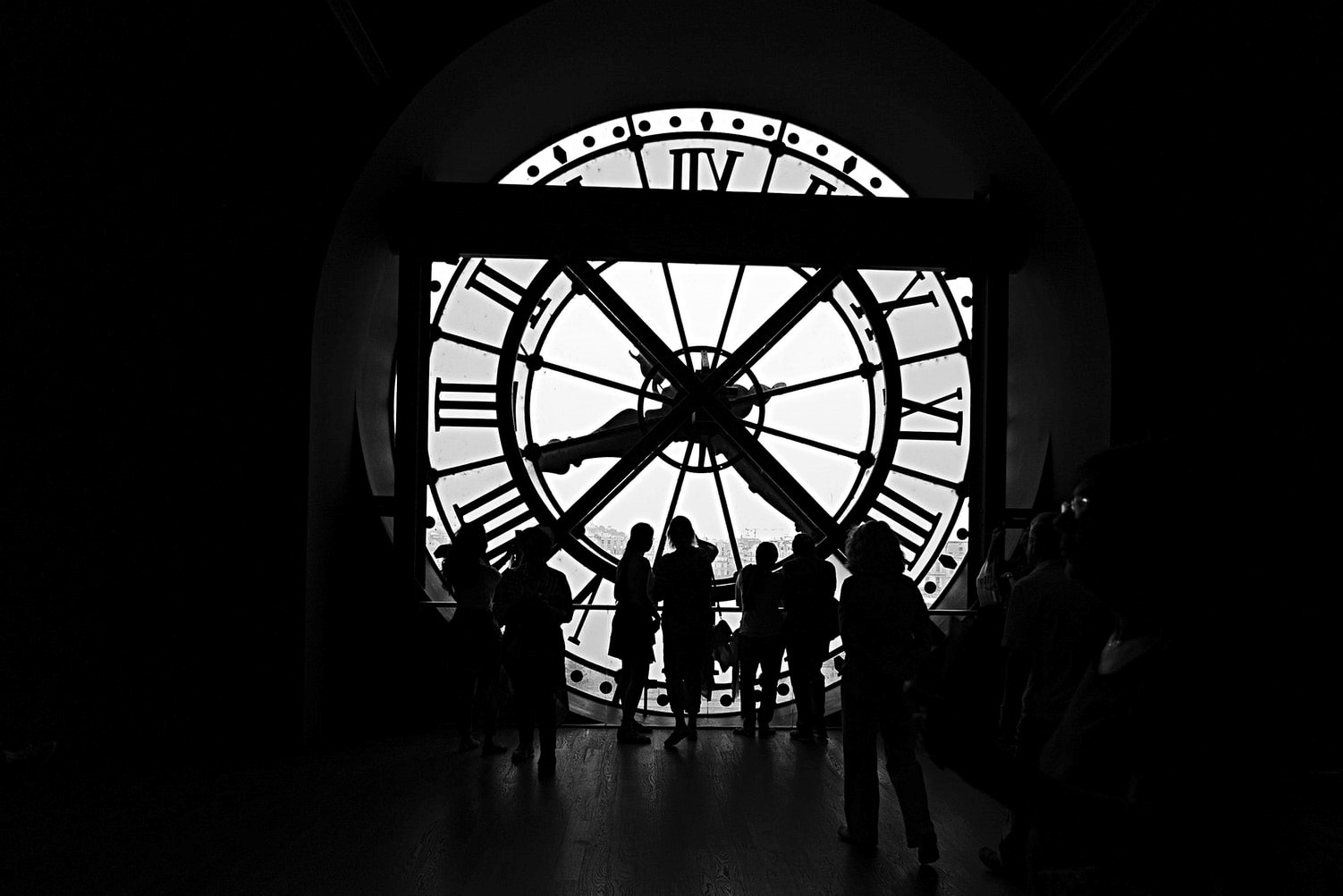The COVID-19 pandemic hit hard on world economy but there are two sectors which, all over the world, have been hit harder than any others: tourism and culture.
First measures taken to contain the spread of the virus have been limitation in movements and closure of venues for public events. While we write this article, apart from little actions during summer 2020, little has been possible for both tourist and culture operators.
By looking at the numbers, while in 2019 creative industries represented the 4.4% of EU GDPs, in 2020 they lost a 30% of their revenues while tourism lost 27% of it placing as second most affected sectors, followed only by automotive with 25%. If we see cultural sectors individually we understand even better the dimension of the crisis with a -90% for performing arts and -76% for music.
Europe and European governments have been focused on developing several supporting instruments for these sectors although there is a general feeling that once again Culture might not be at the center of the future recovery plans. Creative Europe program’s budget has been increased in the next program but still, out of the relevant resources that States will receive, only a limited % will be dedicated to culture and creative sector. As for Tourism, governments all around Europe have already taken actions to ensure scheme for support able to reactivate the sector when it will become possible for people to travel freely and restrictions will be lifted.
What if tourism and creative sector build a strong collaboration?
It is not a new thing the discussion on the cross-fertilization potentials of the cultural and creative sector for innovation of other economic sectors and the society generally considered. From 2010 on, several pilot initiatives, mainly funded by EU, have piloted methods and tools to bring cultural operators in non creative contexts to exploit their disruptive capacity to “think out of the box” and innovate through creativity. From Sweden, with TILLT, to Basque Country, with Connexiones Improbables, many organizations have started to consolidate a knowledge around arts & business cooperation, followed very soon by experimentation on arts & science and arts & technology.
Among these pilot initiatives, funded by COSME program, the TraCEs CulTour is Capital project has focuses its actions on getting tourism and creative industries to work together in order to design and prototype new tourism experiences, specifically for European Capitals of Culture, aiming at promoting “transformative tourism”, a more sustainable, accessible and experiential form of tourism where travelers become part of a real life experience in strict connection with locals and the hosting place.
The Game of TraCEs
 After 21 months of experimentation, with almost half of them during the pandemic, the partnership of the project was able to test the first experiences born during the “T-labs” held in Matera, Rijeka, Gelsenkirchen, Burgos and Kosice. The teams that developed the experiences hosted international travel bloggers and video-makers that documented, with images, videos and articles, the products created.
After 21 months of experimentation, with almost half of them during the pandemic, the partnership of the project was able to test the first experiences born during the “T-labs” held in Matera, Rijeka, Gelsenkirchen, Burgos and Kosice. The teams that developed the experiences hosted international travel bloggers and video-makers that documented, with images, videos and articles, the products created.
You could now walk in the old town of Matera, listening to the Silent City Community Opera arias, while writing your own story inspired by the UNESCO world heritage, or relax in Rijeka, on the seafront while taking a yoga class, or rest in the Invisible Hotel in Kosice surrounded by arts in your personal room gallery.
The results of the tourism-culture cooperation are now hosted on a platform, the Game of TraCEs which has the ambition to become:
- the place where transformative tourism experiences of European Capitals of Culture will be presented
- the place where creative industries of European Capitals of Culture will be mapped and connected
- through the web app a European Cultural Passport will be created for each platform users where stamps will be unblocked by visiting destinations and taking part in available experiences
Restarting the engines of culture and tourism
2020 has not been an easy year and things will slowly go back to a “new normal” but the experience the TraCEs project showed is that there is a big opportunity for tourism and culture to cooperate in order to redesign the future of how Europeans will go back to travelling and visiting cities.
